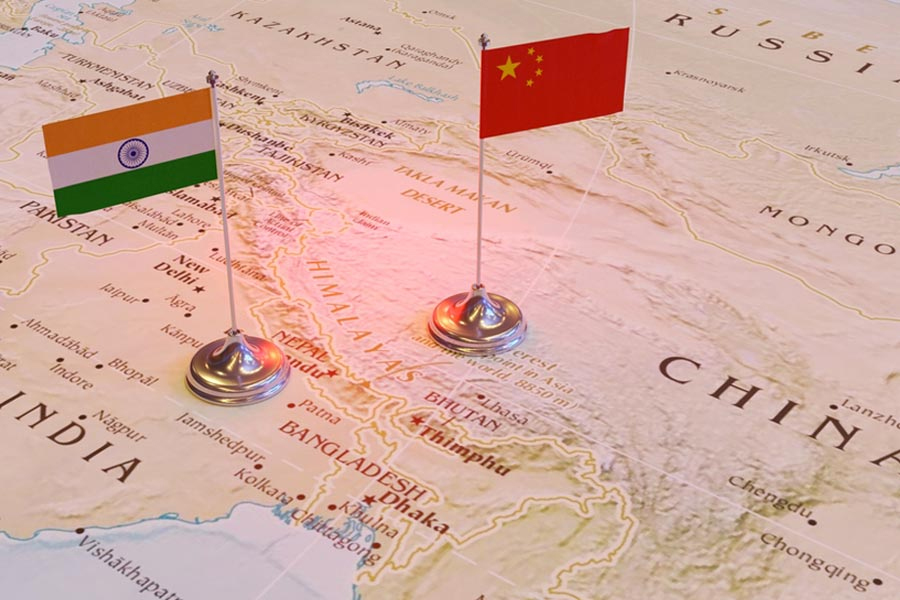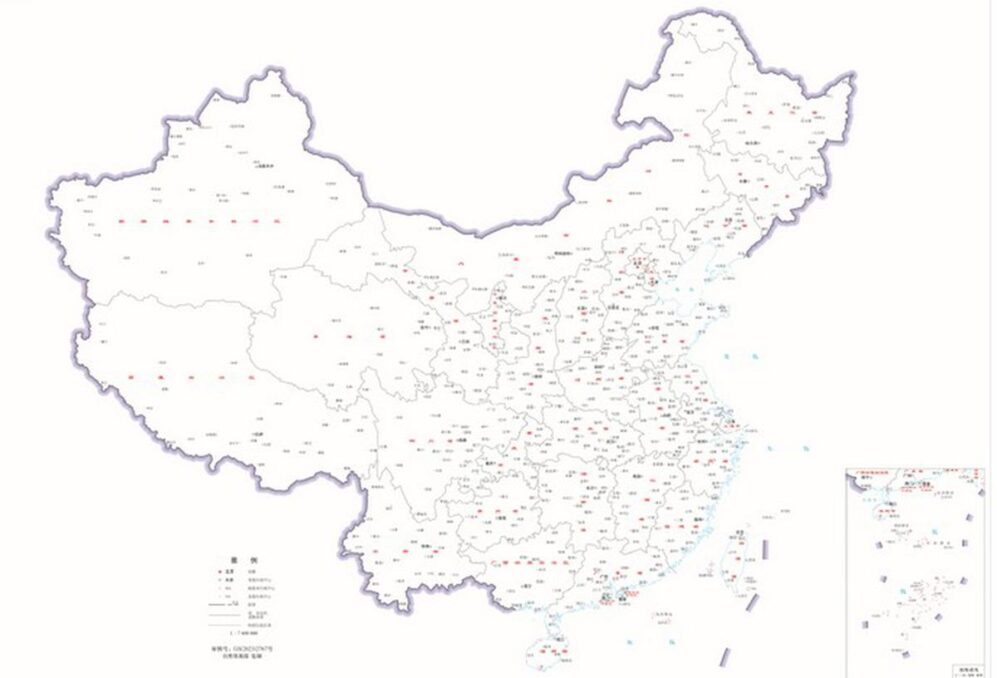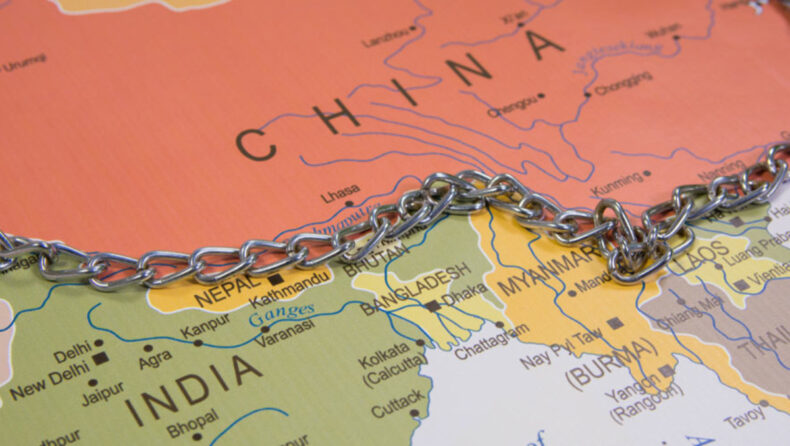China’s recent release of the 2024 edition of its “standard map” has sent shockwaves across the international community. This new map boldly asserts China’s territorial claims over regions that have long been disputed by neighboring countries. Among the contested areas are Arunachal Pradesh, Aksai Chin, Taiwan, and the South China Sea. The implications of this move are far-reaching, signaling a renewed effort by China to assert its influence and dominance in the region.
Table of Contents
Arunachal Pradesh and Aksai Chin: History and Contention
China’s “standard map” includes both Arunachal Pradesh and Aksai Chin within its borders. Arunachal Pradesh, which China claims as South Tibet, has been a point of contention between China and India for decades. Similarly, Aksai Chin, occupied by China during the 1962 war, remains a disputed area between China and India. This move exacerbates the already complex India-China relationship and raises concerns about potential escalations.
Taiwan and the South China Sea: Asserting Authority
In an assertive show of authority, China’s new map also includes Taiwan and the entire South China Sea within its territorial claims. The inclusion of Taiwan aligns with China’s stance that Taiwan is an integral part of its territory, despite the island’s independent governance. Furthermore, the incorporation of the South China Sea, marked by the notorious nine-dash line, intensifies China’s disputes with neighboring countries like Vietnam, the Philippines, Malaysia, and Brunei.
Implications for Geopolitics and Regional Stability
China’s release of the “standard map” is a strategic move with profound geopolitical implications. By reaffirming its territorial claims, China seeks to consolidate its influence and expand its reach. This map serves as a tangible representation of China’s aspirations for regional dominance. However, such assertiveness risks destabilizing the region and sparking conflicts, especially given the existing tensions over maritime boundaries.
Diplomacy and International Response to the Standard Map
The international community has expressed concern over China’s aggressive territorial claims. Diplomatic efforts to mediate disputes and find peaceful solutions are crucial in preventing further escalations. Recent meetings between Chinese President Xi Jinping and Indian Prime Minister Narendra Modi, although emphasizing the importance of improving bilateral relations, highlight the ongoing challenges in resolving territorial disputes.

China’s Expansionist Strategies: Deception and Manipulation
China’s territorial disputes extend beyond its immediate borders. The Chinese Communist Party, led by Xi Jinping, has employed tactics of deception and manipulation to assert control over sovereign territories. This expansionist bid contradicts international norms and has drawn condemnation from various nations. Beijing’s attempts to unilaterally rename locations in India’s Arunachal Pradesh reflect its desperate efforts to assert dominance.
The Role of Geographical Information and Economic Interests
China’s Ministry of Natural Resources emphasizes the role of geographic information in supporting development and resource management. The application of digital maps and navigation in the digital economy, including precision agriculture and location-based services, underscores China’s integration of technology and territorial claims.
The Way Forward: Diplomacy and International Norms
The release of China’s “standard map” underscores the pressing need for diplomatic resolutions and adherence to international norms. Open dialogue, respect for sovereignty, and a commitment to peaceful negotiations remain paramount. The international community must collectively address China’s expansionist ambitions and work towards maintaining regional stability.

China’s release of the new “standard map” asserting claims over Arunachal Pradesh, Aksai Chin, Taiwan, and the South China Sea has set off alarm bells across the globe. This move reflects China’s determination to expand its territorial influence, challenging established norms and threatening regional stability. As countries navigate this complex situation, the importance of diplomacy, international cooperation, and upholding the rule of law cannot be overstated.













